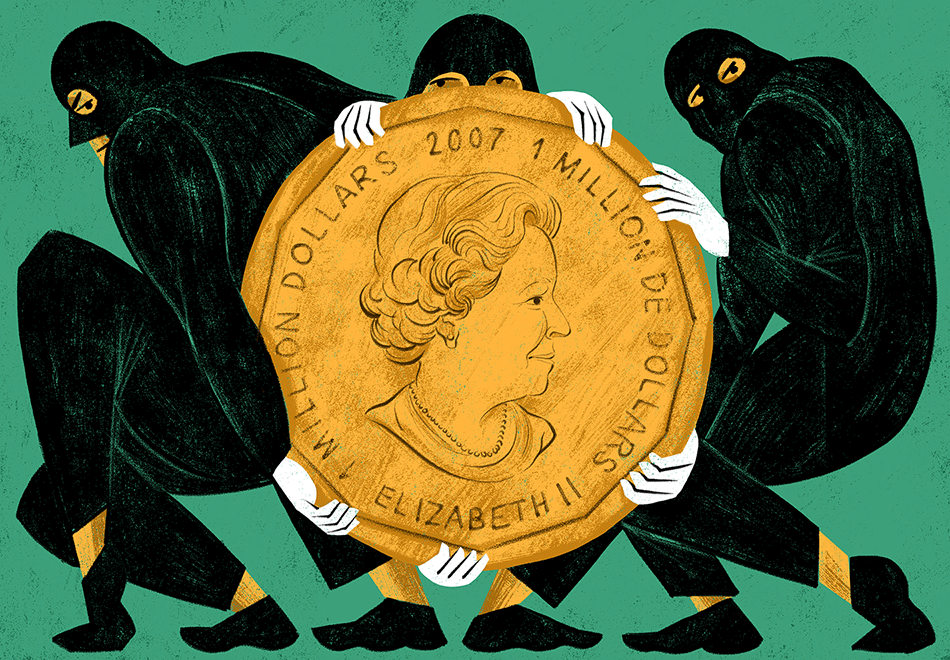In the early hours of March 27, 2017, a group of thieves orchestrated a meticulously planned heist to steal the Big Maple Leaf coin from the Bode Museum in Berlin. The article details their journey from inception to execution, shedding light on the intricate planning and audacity behind this high-profile theft. The narrative unfolds with insights into the creation of the coin itself, its significance, and eventual fate post-theft. The investigation that followed, involving members of a notorious clan in Berlin, culminated in court trials and verdicts that exposed the underbelly of organized crime intertwined with art theft.
The story encapsulates not just a robbery but also delves into societal dynamics, criminal hierarchies, and personal motivations that drive individuals to commit such audacious acts. It highlights how an object of immense value can transcend its material worth to become entwined with stories of ambition, betrayal, and consequences.
Dostosuj podsumowanie
Przepisz z AI
Generuj cytaty
Przetłumacz źródło
Na inny język
Generuj mapę myśli
z treści źródłowej
Odwiedź źródło
hazlitt.net
The Big Coin Heist | Hazlitt

Głębsze pytania
